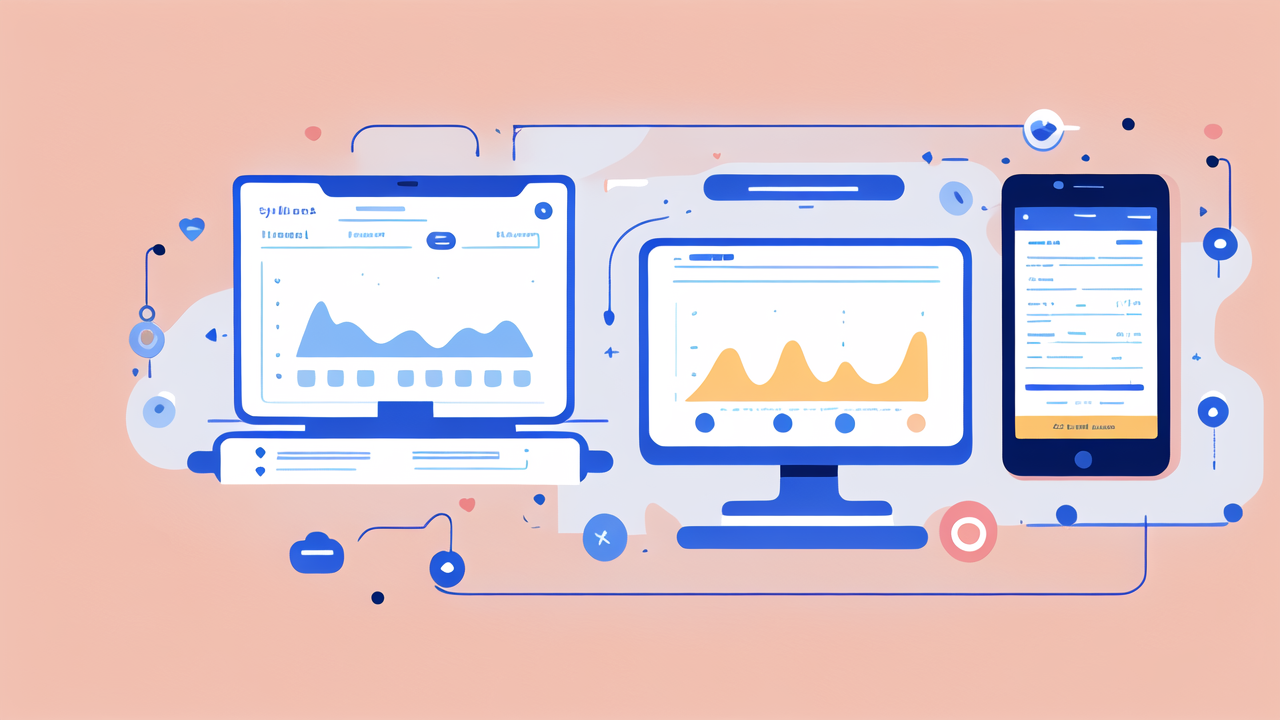Understanding Health Tracking: The Modern Paradigm Shift
The Origins of Health Tracking
Health tracking has come a long way from simple weight scales and blood pressure cuffs. It began with manual logs and basic tools. People tracked their weight, diet, and exercise routines using pen and paper. As technology advanced, digital devices emerged. These included pedometers and heart rate monitors. They offered more accurate data collection. The shift to digital tracking laid the groundwork for today's smart devices. This evolution has made health tracking more accessible and precise for everyone.

Key Metrics in Modern Health Tracking
Modern health tracking focuses on several key metrics. These include steps taken, calories burned, and heart rate. Sleep patterns and quality are also important. Many devices now track stress levels and recovery time. Blood oxygen levels and ECG readings are becoming common too. These metrics give a more complete picture of overall health. They help users understand their bodies better. With this data, people can make informed decisions about their lifestyle and health habits.
The Role of Digital Devices in Health Measurement
Digital devices have revolutionized health measurement. They offer real-time data collection and analysis. Smartphones and smart watches are at the forefront of this change. These devices use sensors to gather health information. They can sync data with apps and cloud services. This allows for trend analysis over time. Digital devices make health tracking more convenient and engaging. They motivate users to stay active and monitor their health regularly.
The Impact of Smart Watches on Health Tracking Accuracy
Advancements in Wearable Technology
Smart watches have seen rapid advancements in recent years. They now feature more accurate sensors and longer battery life. Many can measure heart rate variability and detect irregular rhythms. Some even offer ECG capabilities, once only available in medical settings. GPS tracking has improved, allowing for precise distance and pace measurements. Water resistance has made swimming tracking possible. These advancements have made smart watches powerful health monitoring tools.

Case Studies: Success Stories of Smart Watch Health Tracking
There are many success stories of smart watch health tracking. One user discovered a heart condition through their watch's ECG feature. Another improved their sleep quality by following their device's recommendations. A runner used their smart watch to optimize training and achieve a personal best. In another case, a smart watch alerted emergency services when its wearer fell. These stories show how smart watches can have real, life-changing impacts on health and safety.
Challenges and Limitations of Smart Watch Health Measurement
Despite their benefits, smart watches face some challenges in health measurement. Accuracy can vary depending on factors like skin tone and movement. Battery life remains a concern for continuous monitoring. Some users find the devices uncomfortable to wear 24/7. There are also concerns about data privacy and security. Additionally, not all health metrics can be measured by a wrist-worn device. These limitations highlight areas for future improvement in smart watch technology.
Future Trends in Health Tracking: The Smart Watch Revolution
Innovations on the Horizon for Health Tracking Wearables
The future of health tracking wearables looks promising. Non-invasive glucose monitoring is a major goal for many companies. Improved sensors may allow for blood pressure tracking without a cuff. Some are working on sweat analysis for hydration and electrolyte balance. Mental health tracking through voice and behavior analysis is another area of interest. These innovations could make smart watches even more valuable for health management.

The Integration of AI and Machine Learning in Health Tracking
AI and machine learning are set to transform health tracking. These technologies can analyze vast amounts of data to identify patterns. They could predict health issues before symptoms appear. AI might offer personalized health recommendations based on individual data. Machine learning could improve the accuracy of existing measurements. This integration will make smart watches smarter and more proactive in health management.
Ethical Considerations and Privacy in the Age of Smart Watches
As smart watches collect more health data, ethical concerns arise. Privacy is a major issue, as health information is highly sensitive. There are questions about data ownership and sharing. Some worry about insurance companies using this data to set premiums. There's also the risk of data breaches and unauthorized access. Balancing the benefits of health tracking with privacy protection is crucial. It will shape the future development and adoption of smart watch technology.




Leave a comment
This site is protected by hCaptcha and the hCaptcha Privacy Policy and Terms of Service apply.